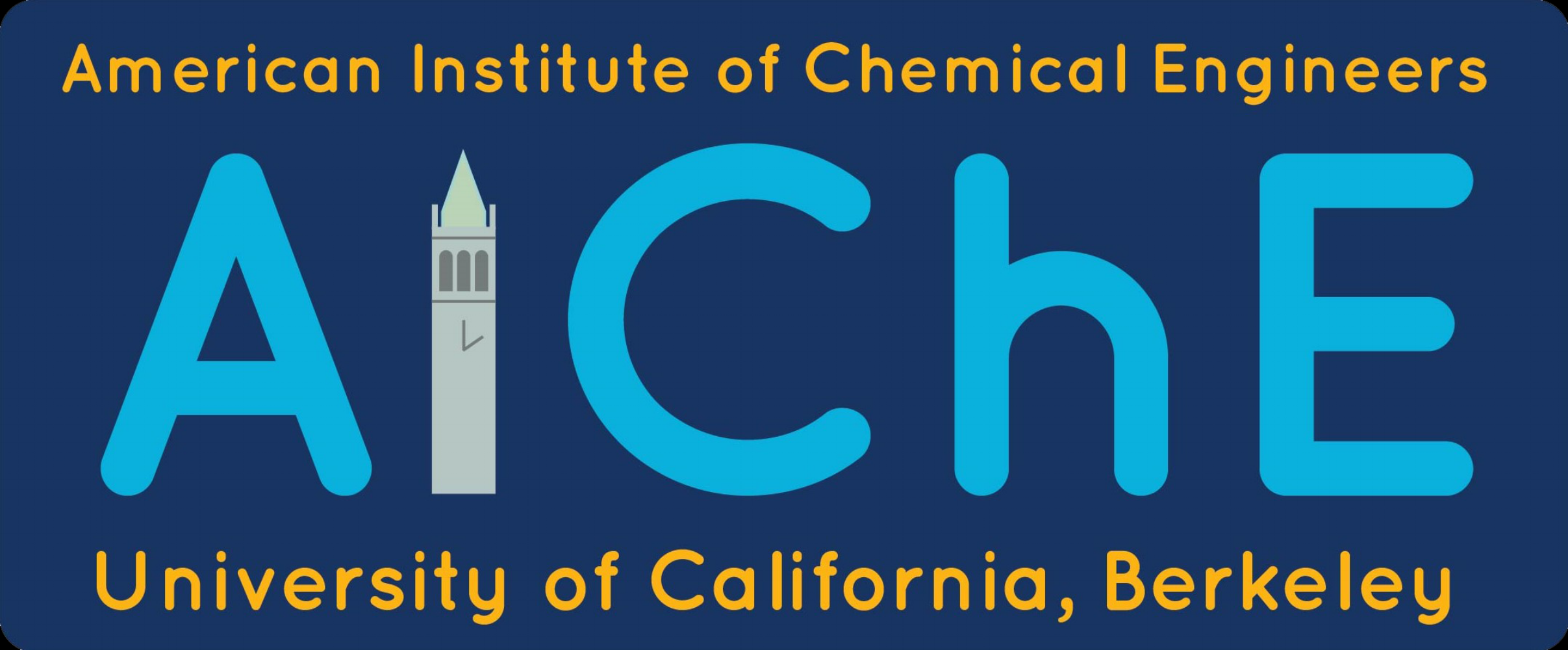CHEM 104A
Course Number: CHEM 104A
Course Name: Advanced Inorganic Chemistry
Units: 3
Offered: FALL, SPRING
Requirement Satisfied: None
Concentration(s): Energy & Environment, Materials
Past Professors: Tilley
Summary: This class covers several topics relevant to the study of materials science and chemistry, but not so much chemical engineering. THe year begins with analyzing symmetry elements in molecular species and tying the symmetry to measurable quantities and other bonding properties. After symmetry, a large part of the course is spent on Molecular Orbital theory of complex molecules to describe (using symmetry) different bonding phenomena and the interesting results that are observed as a result. Finally, the course goes into solid-state materials and bonding with a segment very similar to MSE45 in materials science, but then diverges when discussing conductivity, symmetry, and molecular orbital descriptions of bonding.
Official Prerequisites: Chem 4A, 4B, 12A
“Legit” Prerequisites: Chem 4A, 4B, 12A
Topics Covered: Atomic Structure and Bonding, Symmetry and Group Theory, Molecular Orbital Theory, Acid-Base Chemistry, Solid State Chemistry, Descriptive Chemistry of the Main Group Elements
Workload: Problem sets are assigned randomly and usually are due one week after assigned. They are quite difficult and require reading all three textbooks, attending discussion and lecture, and maybe GSI Office Hours to completely understand. Grading can be quite inconsistent since only two of the problems are randomly chosen to grade. There are two midterm examinations, and both are "average" in that mean scores are around a 50% and standard deviations around 18%. Compared to other chemistry courses, workload is very low.
When to take: After Chem 12A, any semester should be fine to take this course.
"What’s next" Courses: Chem 104B (for chemistry majors)
Usefulness for research / internships: Very useful for research since many current labs are working with organometallics or inorganic chemicals that ultimately derive their understanding from this course. Not very useful for internships.
Added Comments or Tips: Tilley is not the greatest professor; GSI additional review sessions and office hours are crucial to finishing homework and fully understanding the material, as the professor's notes and the textbook material don't fully complement each other.
